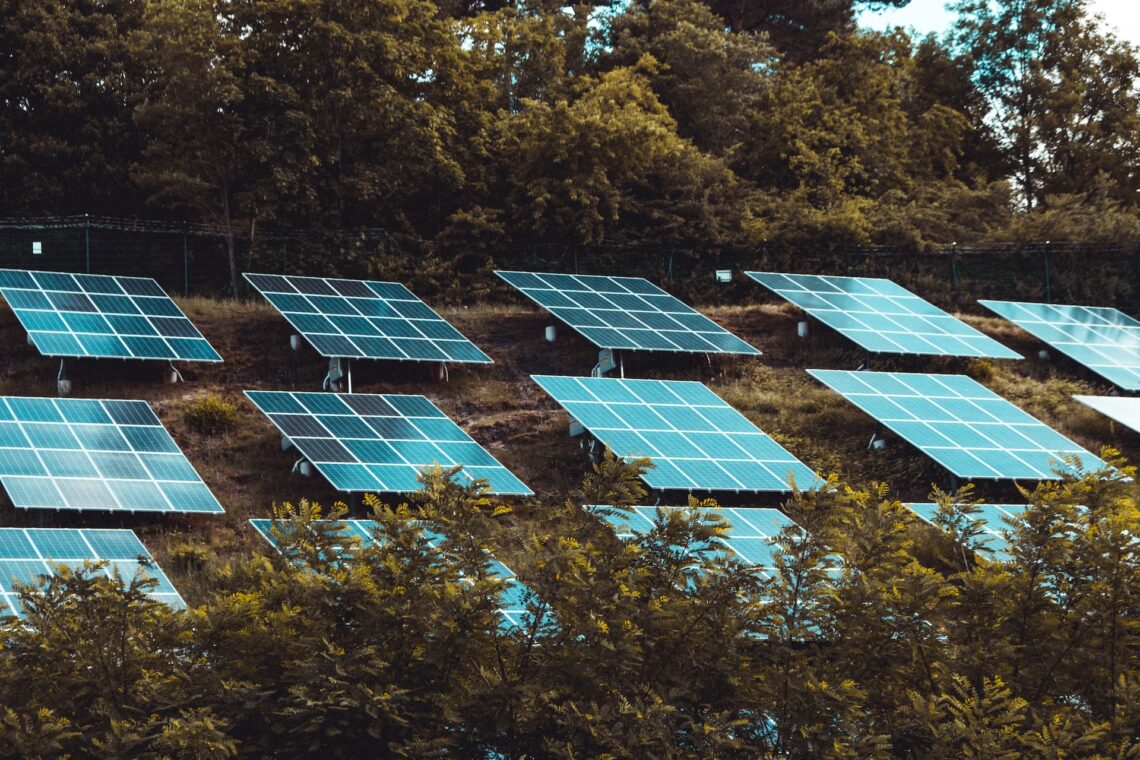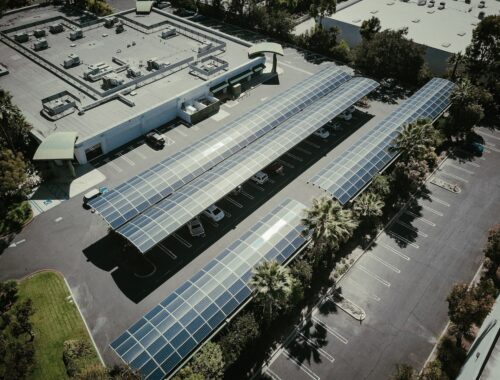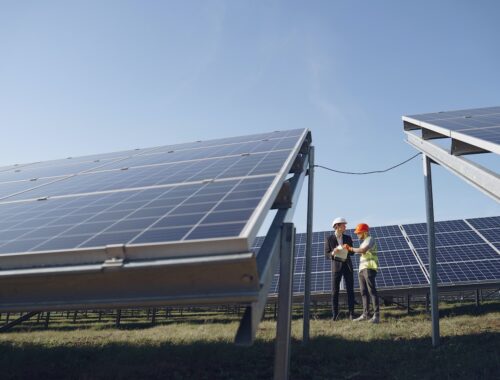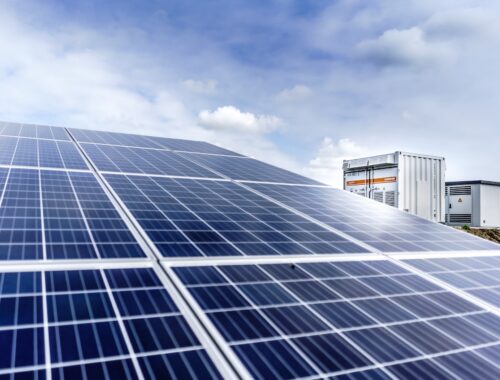
Solar Power in Developing Countries: Promoting Energy Access
Access to reliable and affordable energy is crucial for the social and economic development of any country. Unfortunately, many developing countries face significant challenges in meeting their energy needs, with a large portion of their population lacking access to electricity. In recent years, solar power has emerged as a transformative solution for promoting energy access in developing countries. In this article, we will explore the benefits of solar power in addressing energy poverty and the various initiatives and strategies aimed at promoting its adoption.
Energy Poverty in Developing Countries:
Energy poverty, often referred to as lack of access to modern energy services, is a pervasive issue in developing countries. According to the International Energy Agency (IEA), around 789 million people worldwide still lack access to electricity, with the majority residing in Sub-Saharan Africa and South Asia. Energy poverty hampers socio-economic development, limits educational opportunities, compromises healthcare services, and perpetuates a cycle of poverty.
Solar Power as a Solution:
Solar power offers a clean, reliable, and decentralized energy solution that can bypass the challenges of extending traditional electricity grids to remote and underserved areas. Solar energy is abundantly available in most developing countries, particularly those located closer to the equator, which allows for harnessing the sun’s power throughout the year.
Off-grid Solar Solutions:
Off-grid solar solutions, such as solar home systems and solar lanterns, have been instrumental in bringing electricity to rural and remote areas. These systems consist of small solar panels, batteries, and energy-efficient appliances that can power lights, charge mobile phones, and even operate small appliances. Off-grid solar solutions are easy to install, require minimal maintenance, and provide reliable and affordable electricity to households and small businesses that are not connected to the main grid.
Mini-Grids:
Mini-grids, also known as micro-grids, are another effective way to provide electricity access in communities where grid extension is not feasible or cost-effective. Mini-grids combine solar power with battery storage and sometimes other renewable energy sources, such as wind or hydropower, to create localized electricity distribution networks. These mini-grids can power entire villages or small towns, supporting productive activities, healthcare facilities, schools, and other critical infrastructure.
Job Creation and Local Entrepreneurship:
The deployment of solar power in developing countries creates job opportunities and supports local entrepreneurship. The installation, operation, and maintenance of solar power systems require a skilled workforce, which can lead to employment opportunities and skill development in local communities. Moreover, the solar industry stimulates local economies by fostering the growth of businesses involved in manufacturing, distribution, and servicing of solar products and components.
Health and Education Benefits:
Solar power plays a vital role in improving health and education outcomes in developing countries. Access to electricity enables the use of clean lighting sources, replacing hazardous and polluting kerosene lamps, which can cause indoor air pollution and respiratory illnesses. Reliable electricity also supports the operation of healthcare facilities, powering medical equipment, refrigeration for vaccines and medicines, and lighting for nighttime emergencies. In the education sector, solar-powered schools can provide lighting for studying, access to computers and the internet, and enable e-learning opportunities, thereby enhancing educational outcomes.
Climate Change Mitigation:
Solar power adoption in developing countries contributes to global efforts in mitigating climate change. By shifting away from fossil fuel-based energy sources, developing countries can avoid the emissions associated with traditional power generation. This reduction in greenhouse gas emissions helps combat climate change, improves local air quality, and protects vulnerable ecosystems.
Financial Sustainability:
Solar power offers long-term financial sustainability, particularly in areas with high energy costs or unreliable grid infrastructure. Once installed, solar power systems have minimal operational and maintenance costs. The sun’s energy is free, which reduces dependence on fluctuating fuel prices and reduces the financial burden on households, businesses, and governments in the long run.
Support from International Organizations and Initiatives:
Several international organizations, governments, and initiatives are actively promoting the adoption of solar power in developing countries. The World Bank’s Lighting Global program, for example, supports the off-grid solar sector by providing technical assistance, market intelligence, and access to finance. The United Nations’ Sustainable Energy for All initiative aims to achieve universal access to modern energy services by 2030, with a focus on renewable energy solutions.
Overcoming Challenges:
While solar power holds immense potential for promoting energy access in developing countries, challenges still exist. These challenges include upfront costs, access to financing, policy and regulatory frameworks, technical capacity, and awareness among communities. Addressing these challenges requires collaboration between governments, international organizations, private sector entities, and local communities to develop tailored strategies, policies, and financial mechanisms that support solar power adoption.
Solar power offers an unparalleled opportunity to promote energy access in developing countries. It provides a sustainable, clean, and cost-effective solution that can transform the lives of millions, enabling access to basic services, improving health and education outcomes, stimulating local economies, and mitigating climate change. Through collaborative efforts, innovative financing mechanisms, and supportive policies, solar power can play a crucial role in eradicating energy poverty and fostering sustainable development in developing countries.
You May Also Like

What are the different types of solar energy?
March 28, 2023
The Role of Solar Energy in Sustainable Development
May 7, 2023

